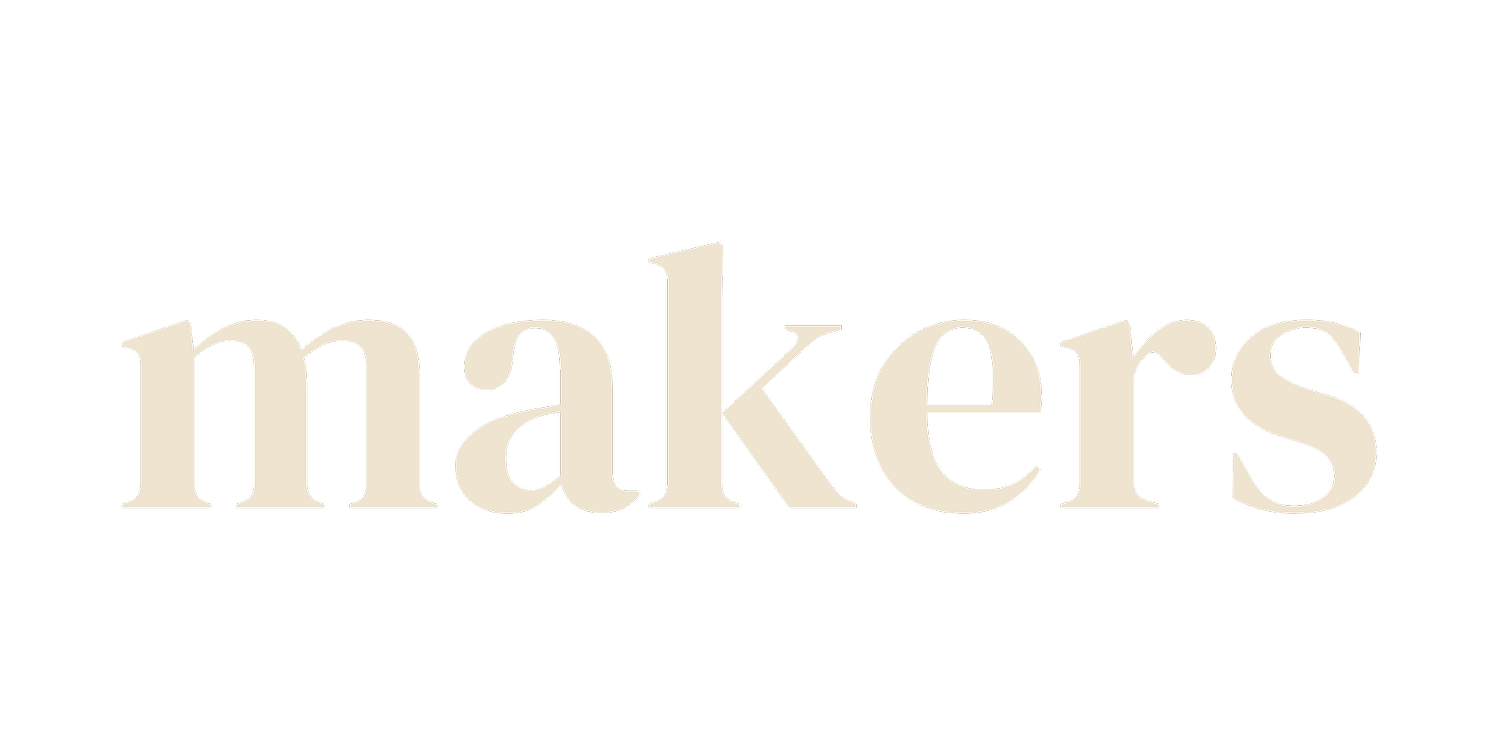Top Tax Tips from Local Bookkeeper, Alma Carolina!
Ugh, it’s that time of year again; dreaded tax season is upon us. The overwhelm, the frustration…but what can we do to make this time of year more manageable? For new, small businesses, getting set up for your taxes can seem like a daunting task, but there are some key, foundational actions we can take to make return-time go smoothly for 2024 and beyond.
Makers has consulted with local bookkeeper, Alma Carolina to get the scoop on what small businesses can do to lay the groundwork for keeping their finances organized this year and for years to come.
Read on for Alma’s top tips below!
—--------------------------
Properly managing your finances will help you have a smoother and easier tax season. As small business owners or freelancers, contractors, etc., we are always looking for ways to keep our finances organized, helping us save time once the tax season arrives.
As a Bookkeeper and BBA, Finance, I consider the list below to be the most important actions to take to help keep your finances organized, prepared, and to have all the information ready to go once tax season is here.
Here are three tips to get you organized!
Set up a business bank account
Having a business account is important to keep your business and personal transactions separate. All business income should be received through this account, and all business-related expenses should be paid through the account as well, or with a business credit card. Receiving your monthly statement through this account will help you to track your cash flow and have a better perspective of your finances.
Track your monthly income and expenses
There are different ways to track your finances; you can do it manually with the help of spreadsheets, or using accounting/tracking software that will automatically monitor your income and expenses.
To start, you need to check your account statements regularly from your business chequing account and credit card. Tracking your expenses in different categories is important so you can know in which areas you’re spending your money; examples are, marketing, leases, payroll, food & entertainment, and others that fit within your business model.
Having different categories will help you to analyze your expenses and create a budget according to your needs.
To support you in tracking your finances every month, here are some suggestions for spreadsheets, apps or software to help keep you organized:
Excel or Google Sheets: With both options, you can work with customizable spreadsheets; either modify a template or start from scratch to create your own spreadsheet using formulas, pivot tables and more. Some categories that you should consider adding to your tracker are leases, transportation, utilities, entertainment, payroll, supplier costs and more.
QuickBooks: Quickbooks is an accounting software that can be used on your desktop or online; some of the features it includes are connecting your bank accounts for tracking transactions and bank reconciliation, invoicing and payments, income and expense reports, cash flow and more.
XERO: Is a New-Zealand founded accounting software based on the cloud; similar to QuickBooks, it allows you to connect to your different bank accounts, as well as do payroll, pay bills, send invoices and process payments, create income and expense reports, work with different currencies, amongst other features that can be very helpful to your business.
Collect and save all your invoices and payment receipts
Nowadays technology can save us a lot of time, and when it comes to collecting invoices, technology can definitely help us out! The majority of businesses today can send you invoices via email, and once you receive them, you can save your invoices in a folder, a cloud-base storage system, use an organizing software or app (check out DEXT as a great bookkeeping software for small businesses!) or immediately forward them to your accountant for them to save.
When receiving a physical copy of an invoice, save it noting the date, amount, the category of expense, and put it in a folder, box, or wherever you will remember it. Don´t forget to take a clear picture of them or scan them to also have a digital copy in case you lose the paper ones.
It's important to keep in mind that you need to keep your invoices for at least six years after you file your tax return, as CRA can request to see them at any time.
In conclusion, keeping track of your income and expenses every month, as well as saving your receipts, will help you to have a better understanding of where and how you’re spending your money, and how you’ll need to adjust your budget accordingly. This will also help you understand your finances, analyze your cash flow and save you time during tax season.
If you have more questions and would like to consult with Alma on how to make these changes for your business, please visit her website here: www.alma-mgmt.com

